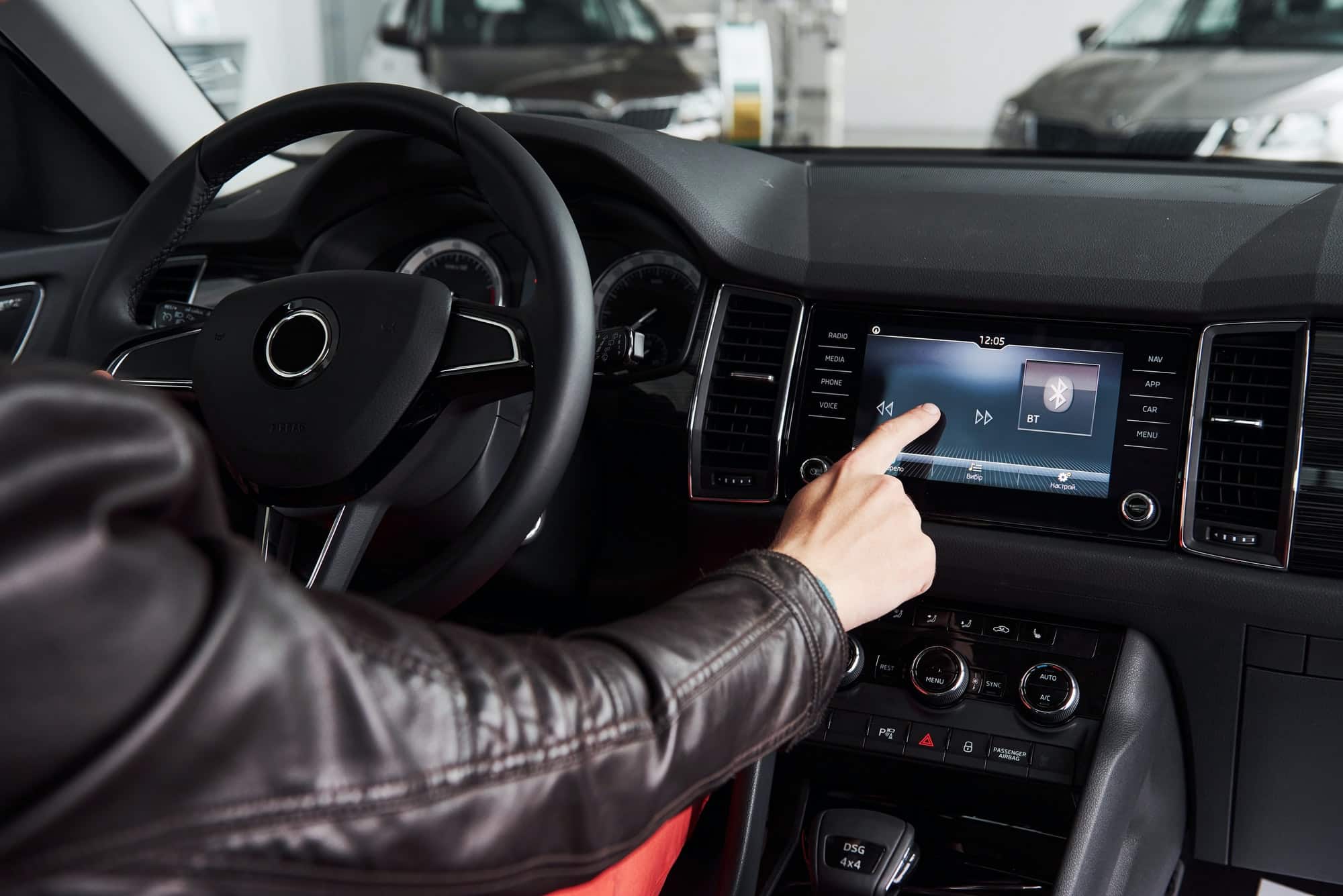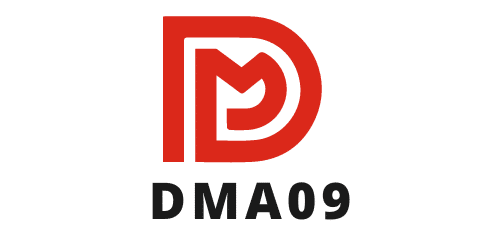How Is IoT Contributing to the Efficiency of Solar Energy Systems?

The Internet of Things (IoT) has been revolutionizing various sectors and industries, and renewable energy – particularly solar energy – is undoubtedly one of them. The powerful combination of IoT and solar energy is contributing to a more sustainable and efficient future. This article explores how IoT is improving the efficiency, reliability, and functionality of solar energy systems, ensuring that we harness the sun’s power in the most effective way possible.
The Intersection of IoT and Solar Energy
Solar energy systems are increasingly becoming intertwined with IoT. This fusion not only enhances the functionality of solar panels but also enables real-time monitoring, predictive maintenance, and more efficient energy distribution.
A lire aussi : Home improvement tips for everyday living and design ideas
IoT devices connected to solar panels collect data on their performance and the environment. These devices monitor everything, from the amount of sunlight the panels are receiving to their temperature and power output. This data is then analyzed to optimize the system’s performance, predict potential issues, and manage energy distribution effectively.
IoT can even contribute to the design of solar energy systems. Data on sunlight exposure, temperature, and other environmental factors can help engineers design more efficient solar panels and systems, tailored to their specific location and conditions.
Avez-vous vu cela : Pet charm: How to personalize your pet's collar ?
Real-Time Monitoring and Predictive Maintenance
One of the significant contributions of IoT to solar energy systems is real-time monitoring. IoT devices collect data constantly, providing up-to-date information on the system’s performance. This allows for immediate action when something goes wrong and helps to prevent prolonged downtime.
Furthermore, IoT enables predictive maintenance – a proactive approach to maintaining solar energy systems. Instead of waiting for a component to fail, IoT devices can predict when a part might need repair or replacement based on the collected data. This not only prevents unexpected breakdowns but also extends the lifespan of the solar energy system.
Efficiency and Energy Management
IoT takes the efficiency of solar energy systems to a whole new level. The real-time data collected by IoT devices can be used to optimize the system’s performance, ensuring that it is always operating at its full potential. This means that the maximum amount of solar energy is harnessed at all times.
In addition, IoT plays a critical role in energy management. By tracking the energy produced by the solar panels and the energy consumption of the building or grid it’s connected to, IoT can balance supply and demand, reducing waste and improving overall efficiency.
Enhancing the Smart Grid
Solar energy and IoT are both essential components of the smart grid, a modernized electricity network that uses digital technology to manage and distribute energy more effectively. By integrating IoT into solar energy systems, these systems can communicate with the grid, respond to changes in energy demand, and even contribute to grid stability.
The smart grid, supported by IoT, can accommodate the intermittent nature of solar energy, ensuring that the power supply remains stable even when the sun isn’t shining. It can also use the data collected by IoT devices to predict periods of high or low solar energy production, adjusting the grid accordingly.
Towards a Sustainable Future
The integration of IoT into solar energy systems is not just improving efficiency — it’s paving the way for a more sustainable future. With the help of IoT, we can harness solar energy more effectively, reducing our reliance on fossil fuels and contributing to the fight against climate change.
The use of IoT in solar energy systems also promotes energy autonomy. By improving efficiency and reliability, IoT enables homes and businesses to generate more of their own energy, reducing their dependence on the grid. This not only lowers energy costs but also makes these buildings more resilient in the face of power outages and other disruptions.
As we move forward, the marriage of IoT and solar energy will continue to drive innovation in the renewable energy sector. It’s an exciting time for solar energy, with IoT taking it to new heights of efficiency, reliability, and sustainability.
IoT and Solar Energy in Residential and Commercial Settings
The Internet of Things (IoT) and solar energy have moved beyond large scale applications and have started to find their place in our homes and businesses. This is largely due to the increased efficiency, reliability, and affordability that IoT brings to solar energy systems.
In residential settings, homeowners can now monitor and manage their solar energy systems remotely using IoT devices. These devices provide real-time data on the system’s performance, alerting homeowners to potential issues and allowing them to optimize energy usage. For instance, on days when sunlight is abundant, homeowners could be advised to use more energy, and on cloudier days, to conserve it.
Businesses, particularly those with large facilities or multiple locations, can also benefit from the integration of IoT and solar energy. IoT can help businesses track their energy consumption and solar energy production across various sites, enabling them to manage their energy more effectively. This can result in significant cost savings, reduced environmental impact, and increased operational efficiency.
Moreover, IoT and solar energy can contribute to the development of smart cities. By integrating solar energy systems with IoT, cities can monitor and manage their energy usage across different sectors such as transportation, waste management, and public lighting. This can lead to more sustainable and efficient urban environments, helping to combat climate change.
Conclusion: The Future of IoT and Solar Energy
The synergy of IoT and solar energy is revolutionizing the way we harness and manage energy, leading us towards a more sustainable future. The power of IoT to improve the efficiency, functionality, reliability, and manageability of solar energy systems is evident. From real-time monitoring to predictive maintenance, from energy management to the enhancement of smart grids, IoT is significantly contributing to the rise and evolution of solar energy.
Looking ahead, as technological advancements continue, we can expect the relationship between IoT and solar energy to deepen, leading to even more innovative solutions in the renewable energy sector. We might see the emergence of more intelligent solar panels capable of self-maintenance, or new energy management systems that can respond more quickly and effectively to changes in energy supply and demand.
The combination of IoT and solar energy is indeed a game changer. It not only provides us with more efficient and reliable energy solutions but also empowers us to take control of our energy usage, contributing to energy independence and sustainability. As IoT continues to evolve and integrate with solar energy, we can look forward to a brighter, more sustainable future.
